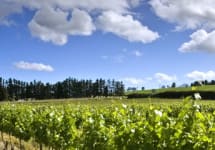Ken Forrester Petit Cabernet Sauvignon/Merlot 2009
-
Wine
Enthusiast


Product Details
Your Rating
Somm Note
Winemaker Notes
Ken Forrester's "Petit" range offers friendly value wines, perfect for everyday drinking. This fresh, approachable Bordeaux blend is crafted in a soft, fruit-driven style. It's packed with rich flavors of ripe blackberries and plums and undertones of cigar box and spice, enhanced by smooth, fine-grained tannins.
Professional Ratings
-
Wine Enthusiast
Black currant leaf and juicy plum guts abound on the nose of this Bordeaux-style blend, and those aromas transition into the dominating flavors of the palate alongside suggestions of pepper and sweet smoked meat. Balanced, with fine tannins and a clean but lingering finish.
Other Vintages
2011-
Robert
Parker
-
Robert
Parker
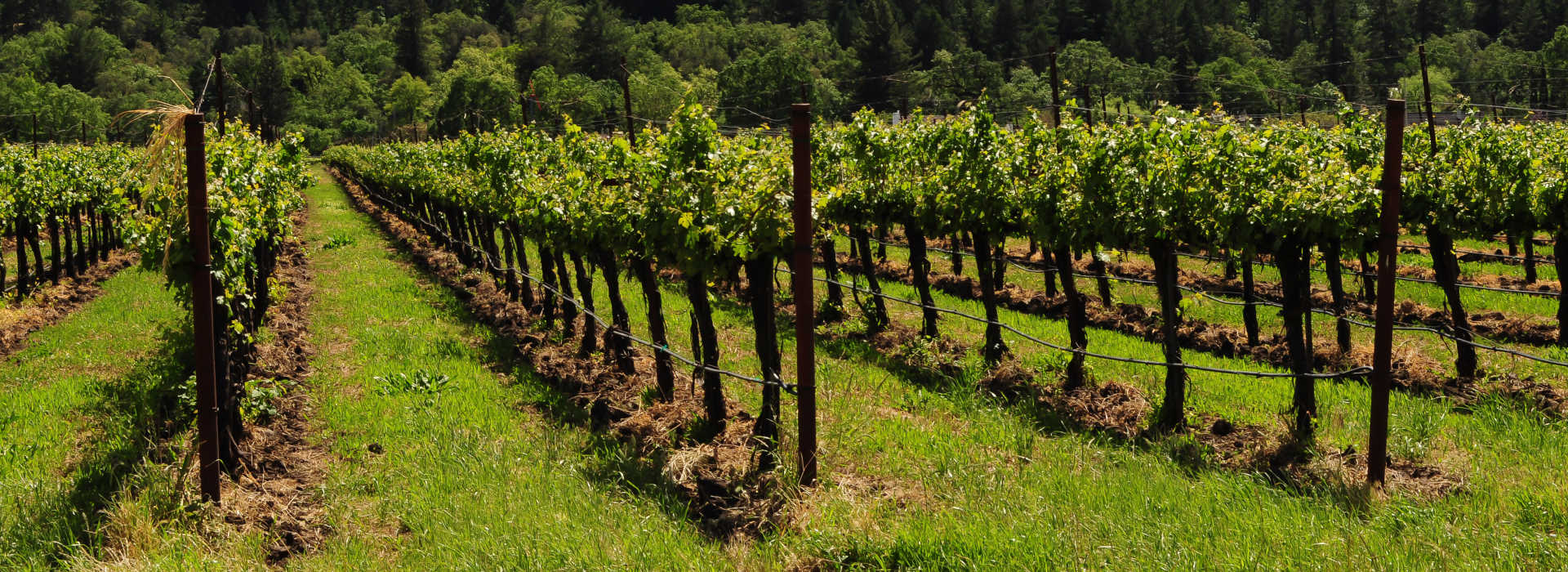
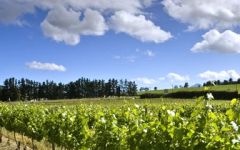
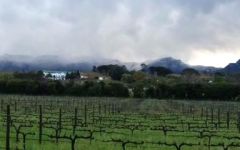


In 1993, hospitality industry veteran Ken Forrester and his wife Teresa purchased the historic Scholtzenhof estate, nestled at the base of the Helderberg in Stellenbosch. Originally established in 1689 as Zandberg, the property is one of the oldest wine farms in the Cape. Ken enlisted the help of his winemaker friend Martin Meinert in replanting and revitalizing the vineyards, with an aim to craft a white wine that could rival any in the world! And so it was that Ken Forrester Vineyards was established, with a focus on Chenin Blanc production.

One of the world’s most classic and popular styles of red wine, Bordeaux-inspired blends have spread from their homeland in France to nearly every corner of the New World. Typically based on either Cabernet Sauvignon or Merlot and supported by Cabernet Franc, Malbec and Petit Verdot, the best of these are densely hued, fragrant, full of fruit and boast a structure that begs for cellar time. Somm Secret—Blends from Bordeaux are generally earthier compared to those from the New World, which tend to be fruit-dominant.
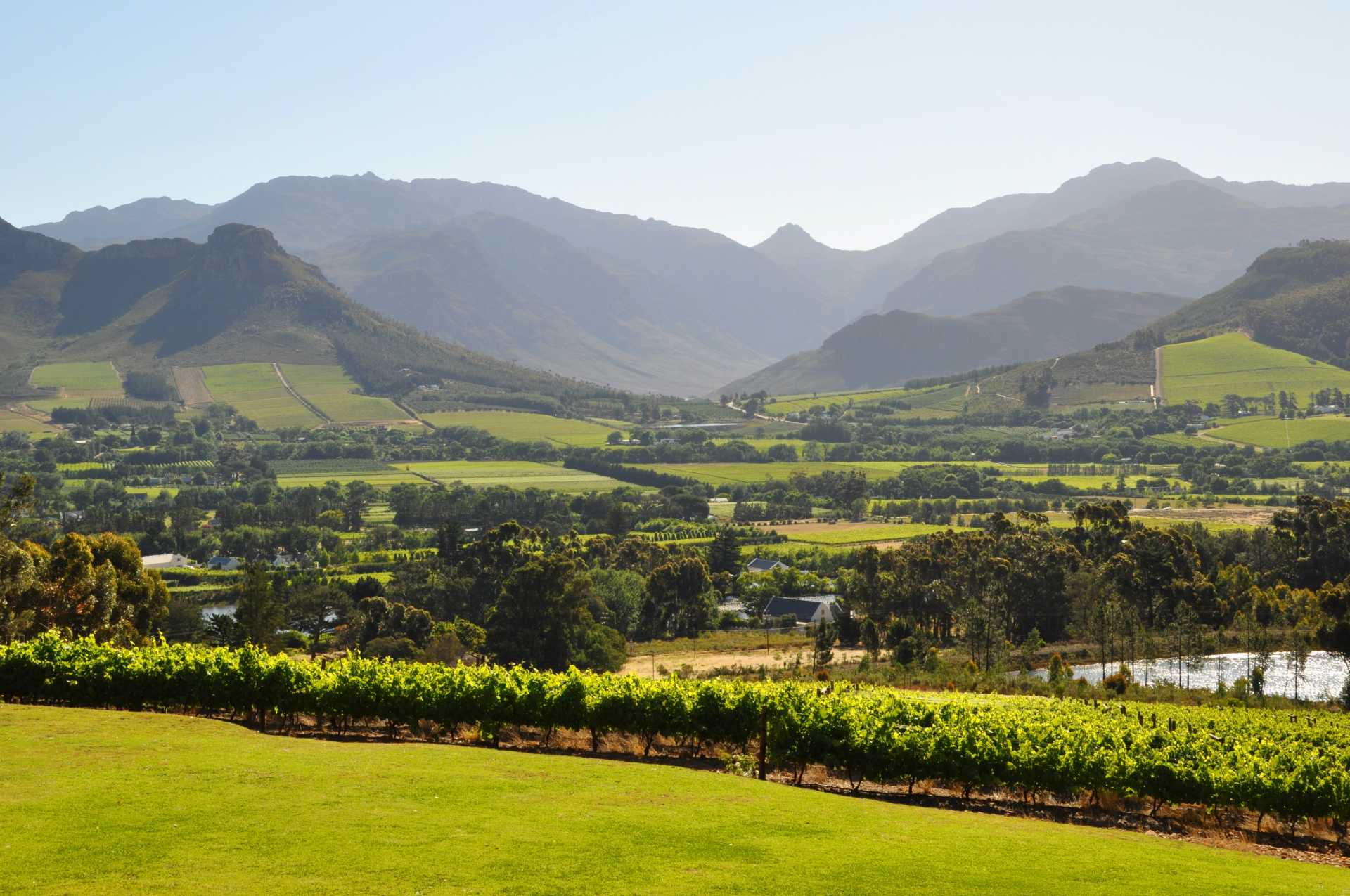
With an important wine renaissance in full swing, impressive red and white bargains abound in South Africa. The country has a particularly long and rich history with winemaking, especially considering its status as part of the “New World.” In the mid-17th century, the lusciously sweet dessert wines of Constantia were highly prized by the European aristocracy. Since then, the South African wine industry has experienced some setbacks due to the phylloxera infestation of the late 1800s and political difficulties throughout the following century.
Today, however, South Africa is increasingly responsible for high-demand, high-quality wines—a blessing to put the country back on the international wine map. Wine production is mainly situated around Cape Town, where the climate is generally warm to hot. But the Benguela Current from Antarctica provides brisk ocean breezes necessary for steady ripening of grapes. Similarly, cooler, high-elevation vineyard sites throughout South Africa offer similar, favorable growing conditions.
South Africa’s wine zones are divided into region, then smaller districts and finally wards, but the country’s wine styles are differentiated more by grape variety than by region. Pinotage, a cross between Pinot Noir and Cinsault, is the country’s “signature” grape, responsible for red-fruit-driven, spicy, earthy reds. When Pinotage is blended with other red varieties, like Cabernet Sauvignon, Merlot, Syrah or Pinot Noir (all commonly vinified alone as well), it is often labeled as a “Cape Blend.” Chenin Blanc (locally known as “Steen”) dominates white wine production, with Chardonnay and Sauvignon Blanc following close behind.
